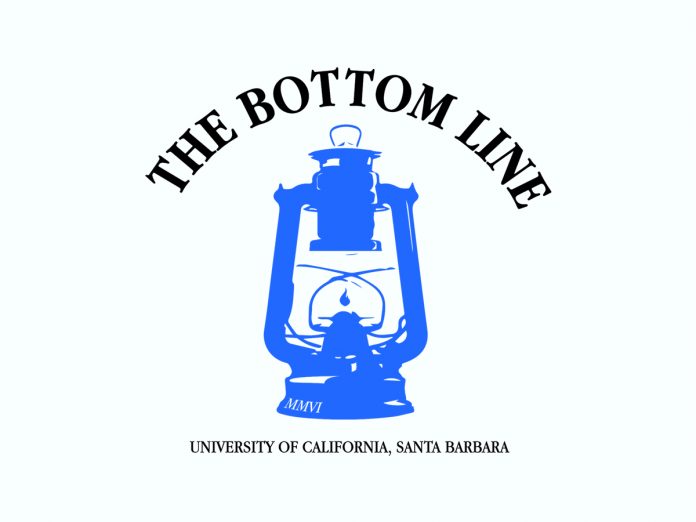Madison Kirkpatrick
Incoming Campus Beat Reporter
Mental health is a growing stigma in the world. An article by NAMI states that approximately one in five adults in the United States alone experience mental illness in a given year. These numbers may not seem substantial, but they add up to make big differences in millions of lives.
Think about your family, friends, and classmates; you may not think about how many of them suffer from mental health disorders, but according to these numbers, a fair portion of them do. Mental health disorders may never stop growing, so self-care is very important. Below are some of my favorite applications for self-care.
A. Calm
This app is one of the best out there for meditation and mindfulness. Its exercises range from easing depression to anxiety release and sleep exercise. It is optimal for those who cannot relax or sleep well due to their mental health disorders. It’s good for beginners, but they have plenty of exercises for people with experience. (Price: Free to start, but a premium subscription is available.)
B. Headspace
This app, like Calm, offers simple exercises to alleviate stress. The exercises, which range from meditating to mindfulness techniques, are quick and have good results. It also offers something called an “SOS exercise” which comes in handy in case of sudden meltdowns like panic attacks. (Price: Free to start but there are many plans available to upgrade.)
C. Moodpath
Moodpath is an interactive application created to recognize symptoms of depression. Over two weeks the user will answer three daily sets of simple questions relating to their well-being to craft a personalized and thorough evaluation. It also includes a recommendation for immediate medical attention if needed.
Anyone can use Moodpath but it is suited for those who feel emotionally burdened and are worried about suffering from clinical depression. Users are not obligated to continue, but it might be worth it for a more accurate diagnosis. (Price: Free to start.)
D. Happify
Happify is an application that uses science-based games and activities to measure well-being and increase happiness. It is not a long-term fix, but it can make its users feel relaxed. Users start by learning their happiness score and get to work to improve it. It is beneficial to have an app like this that allows users to work on their own with some help but without extensive intervention from therapists or friends. From my experiences and testing, this app has exceptional results but it can be different for all users. (Price: Free to start, subscriptions available.)
I feel confident recommending these resources to UCSB students or really anyone else. I have tested Moodpath and found that the questions were helpful — not tedious — and really thought-provoking. Despite my usage — and the usage of others — there are some important things to remember.
While all of these applications can certainly be helpful to users, it is important to recognize that they are not clinical treatments. They simply can’t be marketed this way. Also, remember that none of these are one size fits all. When it comes to mental health, different resources work for different people, so everyone should find what works best for them.
These apps can be found on the iOS App Store for the iPhone or the Google Play Store for the Android. The Bottom Line is unaffiliated with any of these apps.











